The #1od5miliona protests are supported by ‘Alliance for Serbia’, a group of thirty different political parties and NGOs. The weekly demonstrations began after Borko Stefanović, an opposition politician, was assaulted in late November. The protests demand free elections, and an end to political violence in the country.
In the 2016 parliamentary election, Vučić’s conservative Serbian Progressive Party won 48% of the vote, and a majority of 131 out of 250 parliamentary seats. Opposition parties had accused the governing party of stuffing ballot boxes, while international election observers from OSCE reported that public sector workers were pressured to vote for the ruling party.
Freedom House also reports that the 2017 presidential election, where Vučić won a five-year term, was shadowed by allegations of vote buying, among other things. Unconstitutionally, Vučić remains the party’s leader whilst holding the President’s office.
Security of journalists threatened
According to Reporters Without Borders, “Serbia has become a country where it is unsafe to be a journalist”, with the country ranking 76th in the world in the organisation’s 2018 Press Freedom Index. The organisation reports attacks on journalists that have gone uninvestigated or otherwise unpunished. Freedom House, for its part, repeats the Independent Journalists’ Association of Serbia’s report that in 2017, ninety-two attacks against journalists were documented, a number that includes verbal attacks.
In Serbia, public funds have been directed to pro-government media through unclear procedures. Meanwhile, opposition media have been forced to close as a result of ‘financial inspections’, leading to hefty fines for newspapers such as Vranjske which was closed in 2017.
Corruption and attacks on judicial independence raise concern
In Transparency International’s Corruption Perceptions Index, Serbia ranks 87th in the world. The government’s tightening grip of the judiciary is one pressing issue, especially in light of the discussion on proposed constitutional changes in 2018. Among other things, the changes would allow the parliament to appoint and dismiss members of the Constitutional Court, a move that drew international criticism.
An example of an alleged corruption case concerns the Christmas lights in Belgrade that have cost millions. In December, The Guardian reported that the municipality’s requirements for the lights were suspiciously specific, and met only by one retailer in Serbia – as if tailor-made.
On the world-wide Corruption Perceptions Index, Serbia is moving downwards, and according to Transparency International, this may continue if the government keeps undermining bodies meant to uphold rule of law.
Where next?
The #1od5miliona protesters call for a one-year transitional government to lay the groundwork for a free and fair election. As the coalition of parties and groups behind the demonstrations is ideologically diverse, it would not stand under one banner; the groups may disagree on day-to-day policy, and instead they now work together focusing on fundamental, systemic issues. Maja Bjeloš from the Prague Security Studies Institute writes that the idea of an ‘expert government’ still remains “far from workable”, and that the success of the protests in the end depends on the opposition’s ability to articulate an alternative to the current government.
Serbia has been an EU candidate country since 2012, with the question of Kosovo being a key obstacle to accession. Negotiations on a land swap, which would see Serb-majority areas of Kosovo being given to Serbia in exchange for Albanian-majority areas of Serbia going to Kosovo, are being pursued as a way towards recognition of Kosovo’s independence. However, critics fear that the land swap would open a Pandora’s box in a region of Europe where state boundaries are a source of intense contention.
At any rate, Maja Bjeloš says that Serbia’s President Aleksandar Vučić is seen by many Western diplomats as a guarantor of stability in the Western Balkans. Alongside the ability of the domestic opposition, she duly highlights Vučić’s ability to maintain international legitimacy as a key determinant of his political future. As Bjeloš says, “in Serbia, external legitimacy is what matters”.
In other words, it matters whether the international and European community chooses to look the other way, or rather to speak out in the name of freedom.
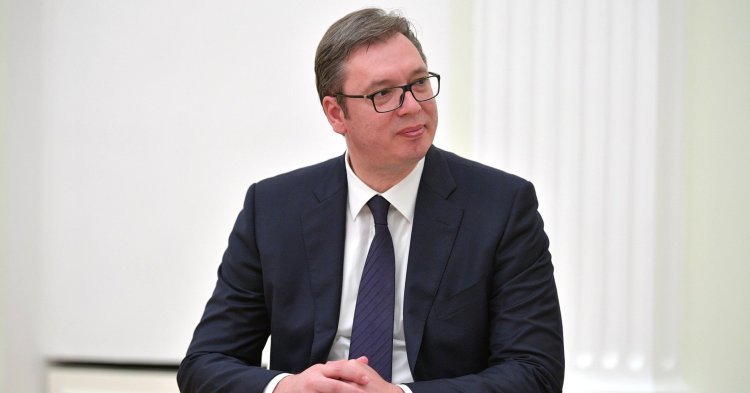

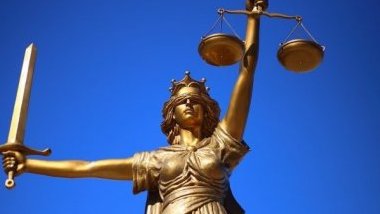
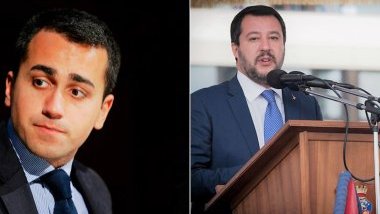
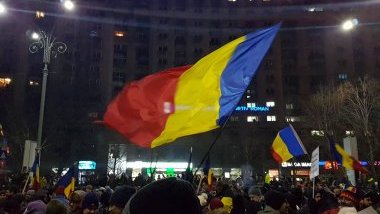
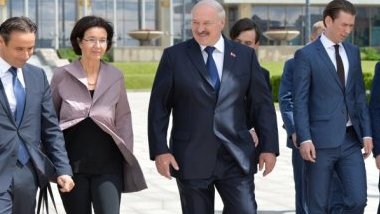
Follow the comments: |
|
